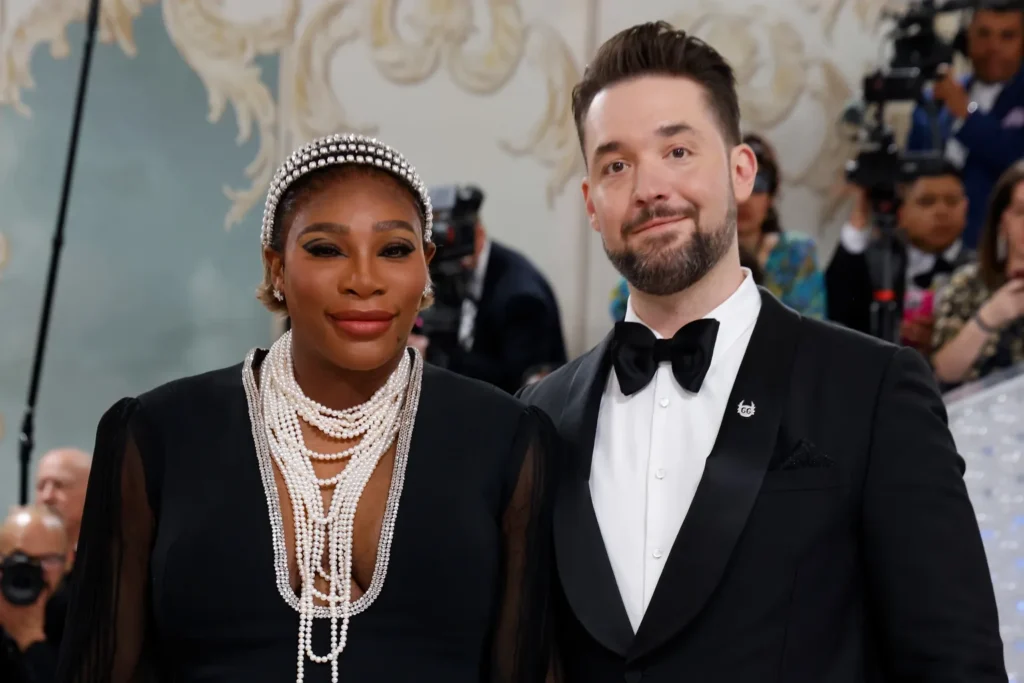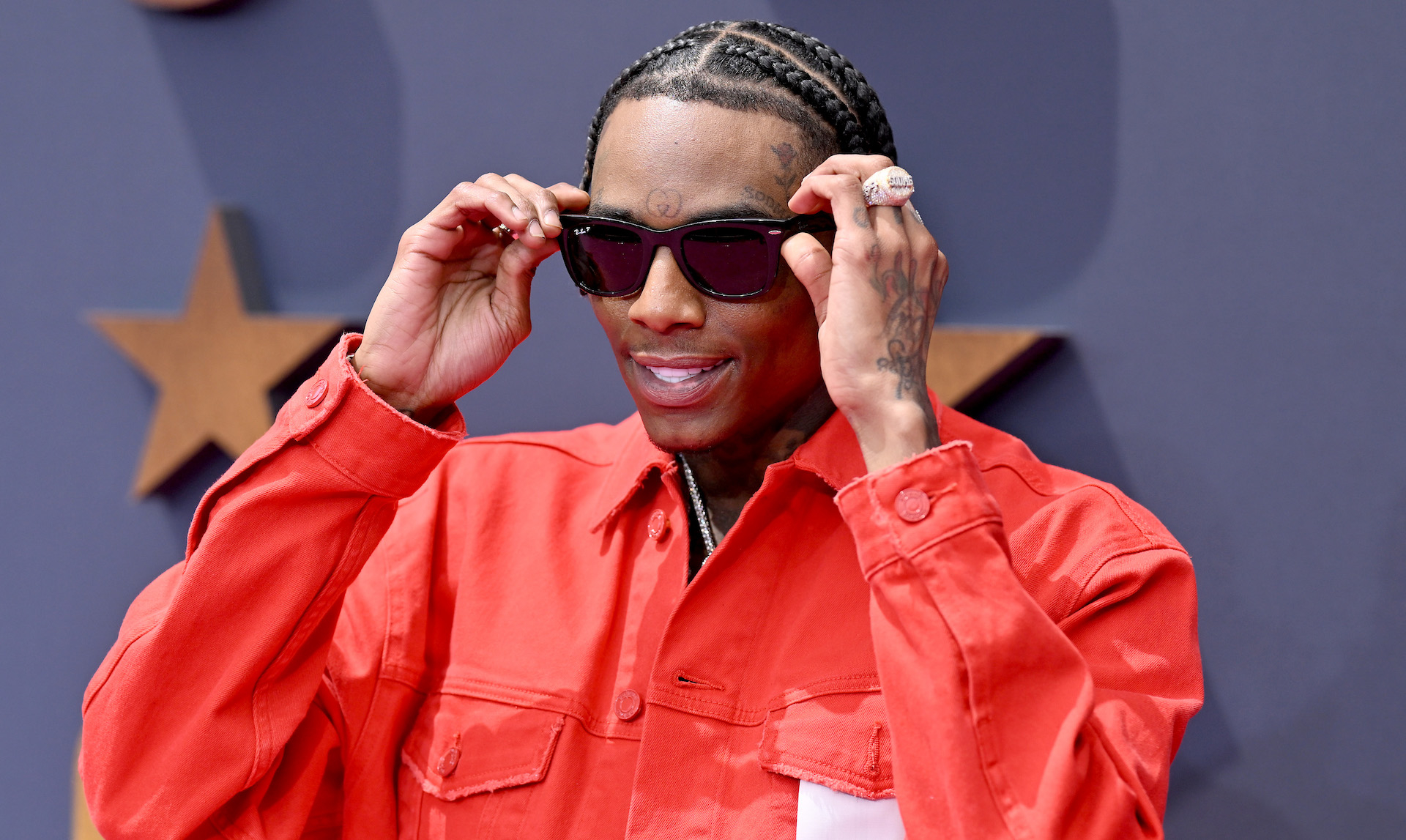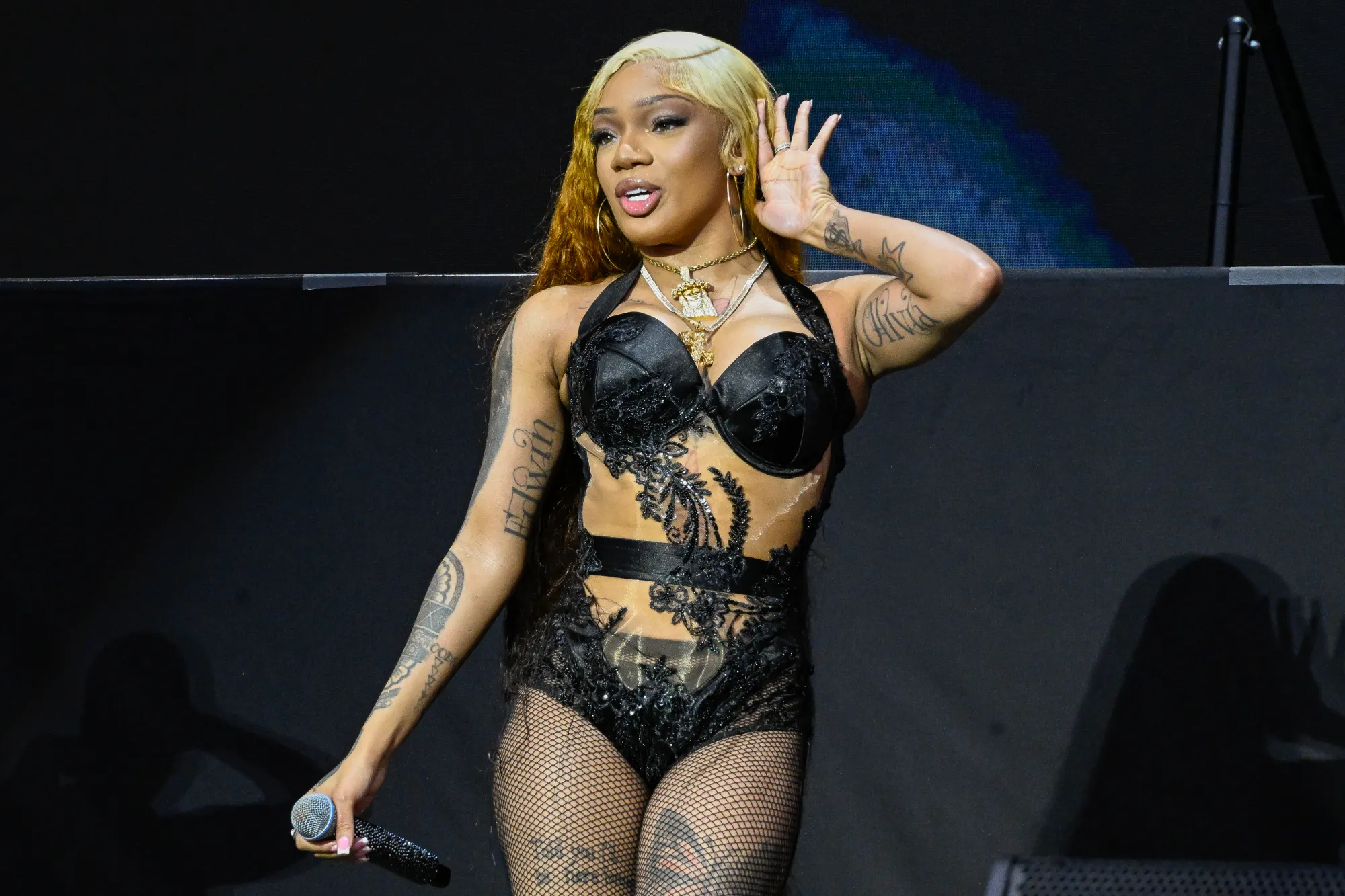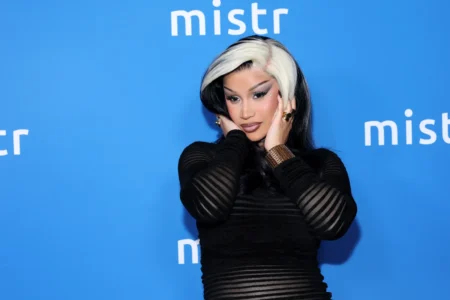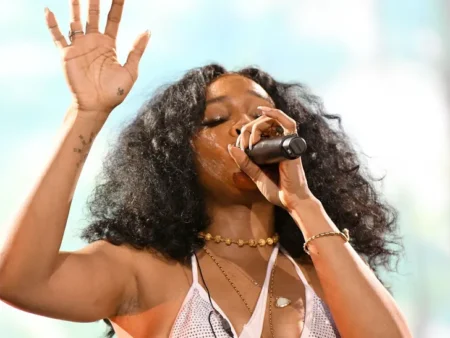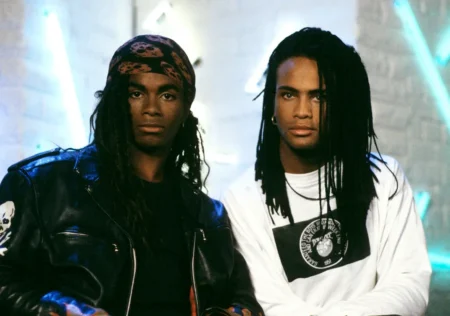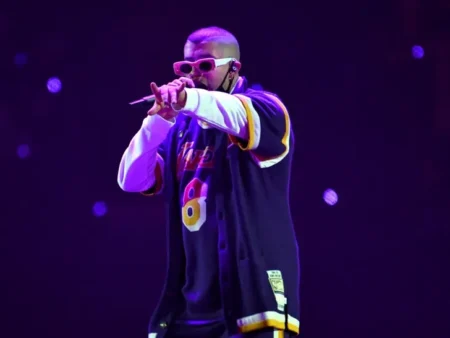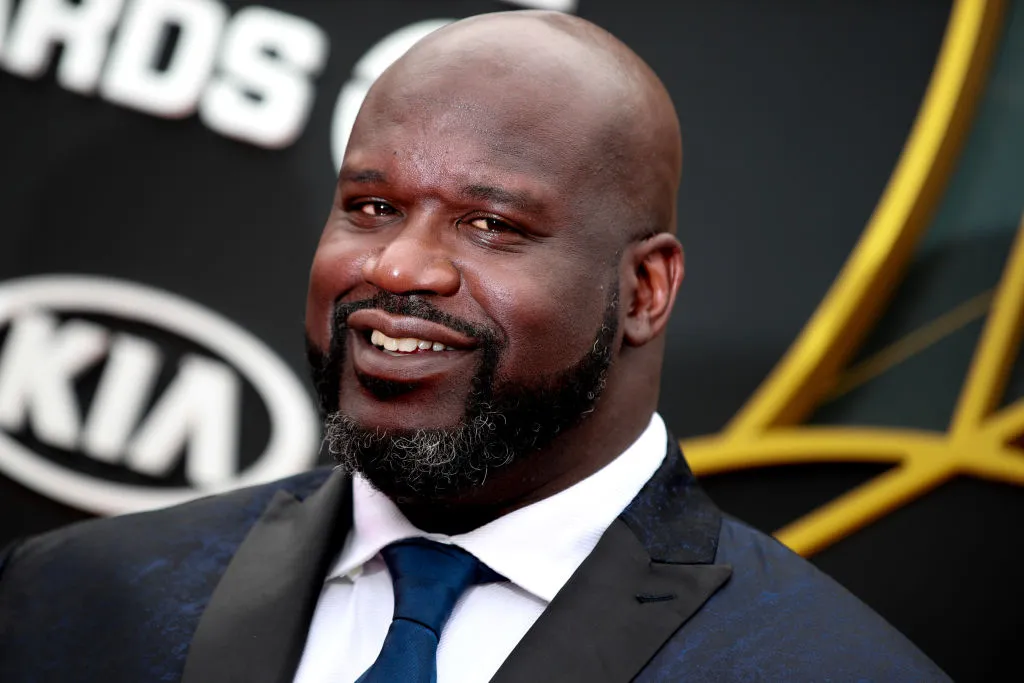Serena Williams’ Super Bowl Halftime Controversy: Alexis Ohanian Responds to Critics of Her Crip Walk Performance
Serena Williams’ Super Bowl halftime cameo stirred up controversy, igniting a fresh wave of criticism from pundits and fans alike. The tennis legend, known for her powerhouse performances on the court, caused a stir when she performed the Crip Walk during Kendrick Lamar’s set. While some fans were thrilled to see Williams’ dance moves, others immediately took to social media to question her choice of performance and the cultural implications behind it.
Serena’s husband, tech mogul Alexis Ohanian, didn’t hesitate to step in and defend his wife against the negative backlash. What started as a celebration of her unexpected cameo quickly turned into a full-blown debate about race, hip-hop culture, and Williams’ legacy. But despite the controversy, Ohanian made it clear that he’s got Serena’s back—no matter what.
Alexis Ohanian’s Powerful Defense of Serena Williams
On Monday, February 12, Alexis Ohanian used his platform on X (formerly Twitter) to fiercely stand up for his wife. Sharing a screenshot of Fox Sports columnist Jason Whitlock’s critical remarks, Ohanian fired back with a bold statement. “Some of y’all have no idea how criticized Serena was for this same dance at Wimbledon 13 years ago and it shows… This is bigger than the music,” he wrote, shedding light on the long history of Serena’s relationship with criticism and how she’s handled public scrutiny over the years.
Ohanian’s comments weren’t just aimed at the current wave of backlash; they also highlighted a deeper issue about the way black women in sports and entertainment are often scrutinized for their actions, both in their professional and personal lives. Ohanian referenced the time Serena Williams performed the Crip Walk after winning the 2012 Olympic gold medal at Wimbledon, which also sparked controversy back then. He emphasized that her dance move was more than just a moment of celebration—it was a symbol of resilience in the face of constant public criticism.
Serena Williams’ Crip Walk: A Moment of Celebration or Controversy?
Serena Williams’ decision to perform the Crip Walk during Kendrick Lamar’s set at the Super Bowl halftime show became a point of contention for many. The Crip Walk is a popular hip-hop dance associated with West Coast gang culture, and some critics felt that it was an inappropriate choice for a highly publicized event like the Super Bowl. However, for many, it was simply a celebratory moment—one that showcased Williams’ playful side and her connection to hip-hop culture, which has long influenced sports and entertainment.
The controversy surrounding her performance didn’t stop at the dance move itself. Williams performed during Lamar’s rendition of “Not Like Us,” a track known for its sharp diss aimed at rapper Drake—rumored to be an ex of Serena’s. This added another layer of complexity to the situation, with some speculating that her performance was meant as a subtle jab at her former relationship with Drake. This, in turn, triggered even more criticism.
ESPN’s Stephen A. Smith and Jason Whitlock Weigh In
The debate took an even more intense turn when ESPN’s Stephen A. Smith weighed in on the situation. During an episode of First Take, Smith shared his opinion on Serena’s appearance during Lamar’s set. “If I’m married and my wife is going to join trolling her ex, go back to his a*s… Bye. Bye,” Smith remarked, expressing his disapproval of Williams’ involvement in what he perceived as a public act of “trolling.” His comments added fuel to the fire, with fans and media outlets taking sides in the ongoing drama.
Meanwhile, Fox Sports’ Jason Whitlock did not mince words in his criticism of Serena’s Super Bowl cameo. He compared her Crip Walk to “cracking a tasteless, X-rated joke inside a church,” calling it an inappropriate and offensive choice. Whitlock didn’t stop there, insisting that Serena “deserved to be criticized” for her actions and that she should have immediately apologized. These strong remarks from both Smith and Whitlock only deepened the divide between those who defended Williams and those who felt her behavior crossed a line.
Serena Williams Brushes Off the Drama with Humor
Despite the backlash, Serena Williams remained unbothered and even used humor to defuse the situation. In a lighthearted social media video, she jokingly addressed the criticism, saying, “Man I did not Crip Walk like that at Wimbledon, I would’ve been fined!” Her playful response showed that she wasn’t taking the negative comments to heart. In fact, Williams seemed to find humor in the drama, sharing behind-the-scenes footage from her rehearsal and reflecting on the moment. “I died a little,” she admitted, laughing off the controversy in true Serena style.
Serena’s ability to rise above the drama and maintain a sense of humor is part of what has made her one of the most respected athletes in the world. Throughout her career, she has faced countless challenges—from on-court rivalries to personal struggles—and has always emerged stronger. Her confident handling of this Super Bowl controversy is yet another example of her resilience and unshakable confidence in the face of public scrutiny.
The Bigger Picture: Serena Williams and Hip-Hop Culture
The debate surrounding Serena’s Crip Walk performance speaks to a larger conversation about the intersection of hip-hop culture and the world of professional sports. Hip-hop has long been a defining force in American culture, influencing everything from fashion to politics to sports. Serena Williams, as one of the most prominent black athletes of her generation, has long been a part of that cultural landscape.
Her connection to hip-hop culture is evident not only in her Super Bowl cameo but also in her personal life and her many collaborations with artists like Kendrick Lamar. For Serena, hip-hop isn’t just about the music—it’s about self-expression and connecting with a culture that has played a significant role in shaping her identity.
By performing the Crip Walk at the Super Bowl, Serena Williams may have reignited old debates about race, respectability, and cultural appropriation. However, it’s clear that for her, the moment was about celebrating her own journey and embracing the joy of the music. Critics may try to diminish that moment, but Serena’s legacy will not be defined by any single performance or dance move.
Conclusion: The Drama Continues
As the debate rages on, it’s clear that Serena Williams remains one of the most influential figures in both the world of sports and pop culture. Whether on the tennis court or in the spotlight of major events like the Super Bowl, Serena continues to make waves—sometimes stirring controversy, but always staying true to herself.
While the criticisms may continue, one thing is certain: Serena Williams won’t let anyone dictate how she celebrates her own victories. With the unwavering support of her husband, Alexis Ohanian, and a loyal fanbase behind her, Serena is poised to continue breaking barriers both on and off the court.




